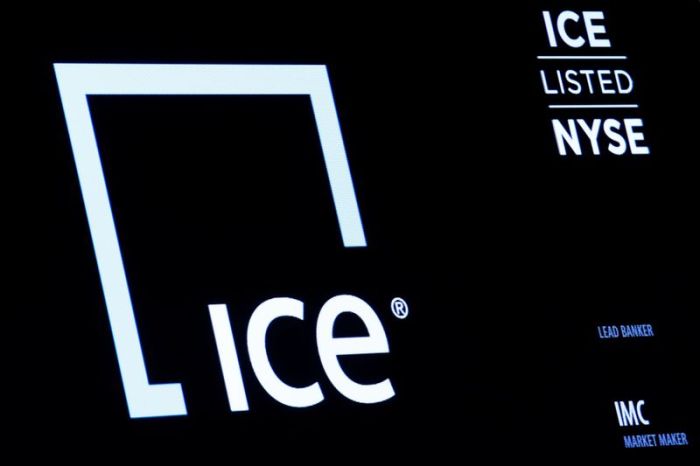FRANKFURT (Reuters) -Bayer said on Thursday it would book an additional provision of $4.5 billion related to litigation which alleges that its weedkiller Roundup can cause cancer.
Bayer made the announcement in an update to investors on how it plans to deal with Roundup-related lawsuits that have dogged the company since it acquired the brand as part of its $63 billion purchase of Monsanto in 2018.
The decision comes after a U.S. judge in May rejected Bayer’s plan to try to limit the cost of future class action over claims that Roundup causes cancer.
Thousands of users have alleged Roundup caused their non-Hodgkin lymphoma, but Bayer has said decades of studies have shown Roundup, and key ingredient glyphosate, are safe for human use.
Bayer said it would file in August a petition with the U.S. Supreme Court seeking a review of a lower court ruling that went in favour of Roundup user Edwin Hardeman.
The German company said a ruling in its favour by the Supreme Court would effectively end Roundup litigation. But it set aside the new provision for its base case that the court declines to hear the matter or ends up favoring the plaintiff.
The sum comes on top of $11.6 billion it was factoring for future settlements and litigation.
“We believe that the U.S. Supreme Court should give strong consideration to accepting our petition to review the Hardeman case and render a positive ruling,” Chief Executive Officer Werner Baumann said.
In addition, Bayer said that it was working on replacing glyphosate-based products with alternative ingredients starting in 2023 for its U.S. residential customers.
It said glyphosate formulas would remain the same for U.S. professional and agricultural markets.
(Reporting by Patricia WeissWriting by Tom SimsEditing by Kirsten Donovan and Jane Merriman and Mark Potter)

























